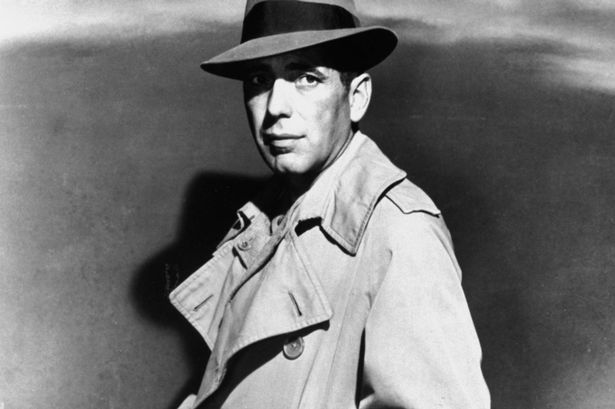Hey, Author! Your age is showing.
If an author is trained in the craft of fiction writing, their story will be written the voice of the protagonist–or the current POV character. Mastering POV and voice means that the author, herself, should remain invisible.
But what often happens is that the writer makes minute voice mistakes based on their age. From naming characters to outdated colloquialisms to pop-culture references, you have to watch that you are not injecting your own era into your character’s voice.
Many authors begin their writing careers later in life–when they’re retired and have more time on their hands, or when they realize that they’ve always had a book in their heads and it’s time to start pursuing the dream. When we hit our middle age years, we tend to take inventory of our accomplishments and begin checking off items on the bucket list.
One of my friends who’s in his eighties started a mystery series (and got it published). His protagonist is a beat cop in his late twenties. As I read through his first draft, my main note was, “Your octogenarianism is showing.” He was offended. I explained that his characters spoke as if they were living in the sixties, saying things like “That’s neat,” and referencing Dean Martin and Burt Reynolds as “hunks.” And there was no technology in the novel whatsoever–no texting, no cell phones, maybe one computer. “Where is he living, again?” I asked. I thought maybe a third world country? The answer was Los Angeles.
The second giveaway that an author is a more “mature” individual is how they name their characters. If you know me at all, you’ll know that I’m a huge name nerd and the founder of BabyNames.com and CharacterNames.com. First rule of naming characters: the name must match his or her age–unless there’s a specific story behind the name. If you name your thirty-year old detective “Stan” or “Lou” or “Marty” I know you’re a senior citizen. If your teenage heroine is Nancy or Joan or Susan, I call BS. You are writing from your era, not current day. Now, if you choose to set it in the mid 20th century, then have at it. Susan is appropriate. Otherwise, it should be mom or grandma’s name.
If you’re going to write about a generation that is far removed from your own, you better understand their voice, how they act, who they hang with, who their idols are, and how they communicate with each other. If you don’t have anyone in the family to guide you, go to a coffee shop. Watch MTV. Hang out at the skate park. Do your research. Because if you don’t understand every part of your protagonist’s generation, how are you going to write as him? Or connect with his peers who are your readers? And get them to buy your book?

